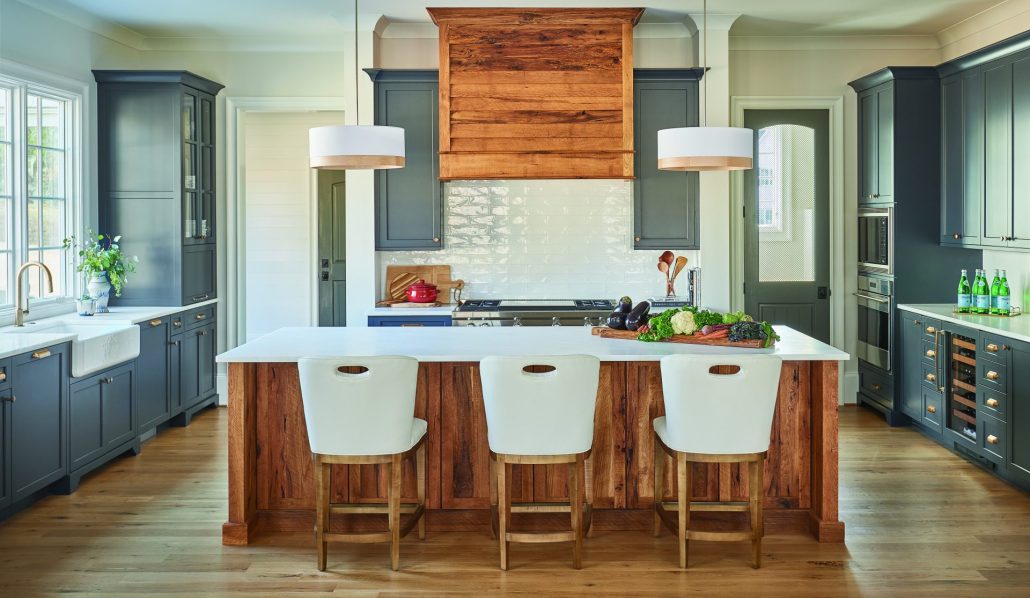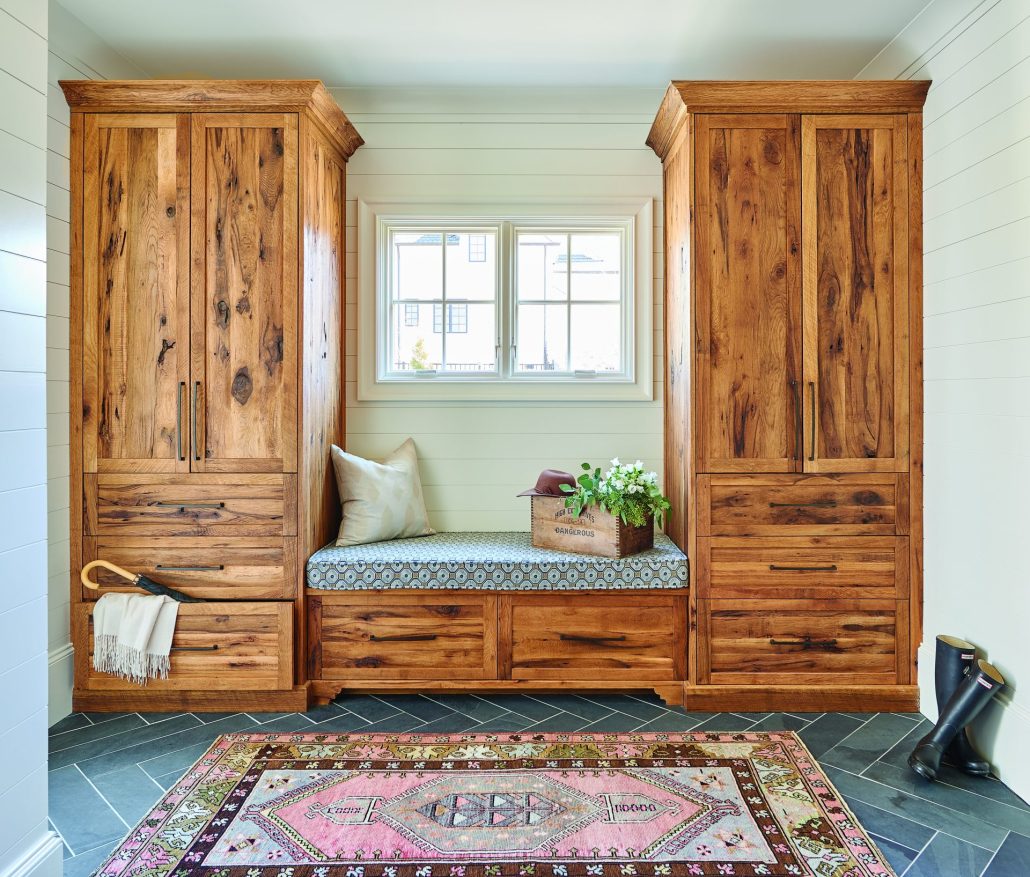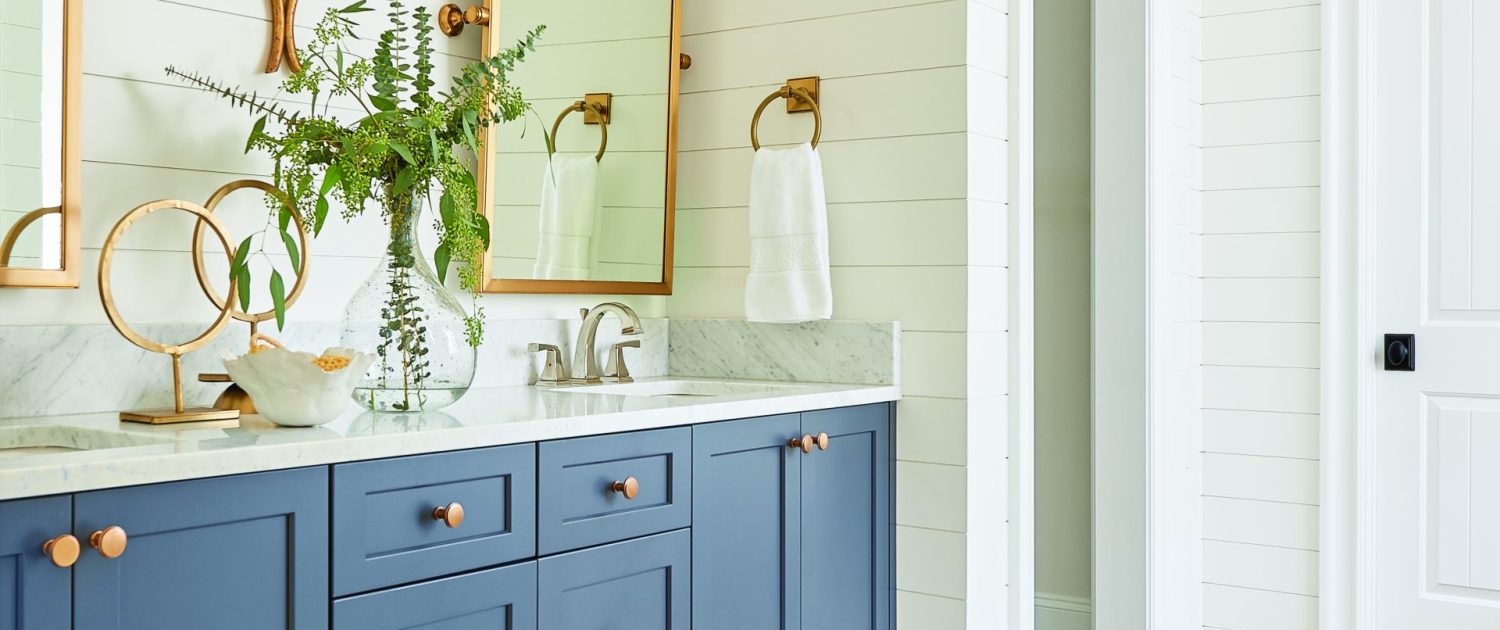 Post by Stacey Walker. Stacey mostly works behind the scenes for Walker Woodworking, managing day to day operations, and marketing. Stacey has helped many clients create their dream space.
Post by Stacey Walker. Stacey mostly works behind the scenes for Walker Woodworking, managing day to day operations, and marketing. Stacey has helped many clients create their dream space.
4 Renovation Ideas That Do Not Add Value to Your Home
Renovating your home is an exciting time. You can change your property’s look while adding value to it at the same time. However, to do so, homeowners must be strategic. Boosting your home’s value doesn’t happen overnight. Surprisingly, not all renovations add value to your home.
Let’s explore four common renovation ideas that, contrary to popular belief, may not contribute to increasing your home’s value.
1. Over-the-Top Landscaping
Transforming your yard into a massive garden with landscaping everywhere is fun. However, does it add value to your home? In a time when selling a house isn’t cheap because of the expensive closing costs that sellers cover, every penny counts. Protecting your property with over-the-top landscaping doesn’t usually increase your ROI (return on investment) when you go to sell.
A well-maintained garden can enhance your home’s curb appeal but doesn’t usually add to the bottom line. It can draw more people into your open houses and marketing efforts, but that’s usually it. Elaborate garden layouts with rare plants, intricate water features, and extensive hardscaping can be perceived as a burden to buyers. The upkeep of extravagant landscaping is time-consuming and expensive. This could deter buyers from making you an offer. Keep a balance when adding landscaping.
2. Personalized Designs
Personalizing your home is a way to express your unique taste and lifestyle. You can paint the walls vibrant colors or install custom fixtures that reflect your interests. While these touches make your house feel like a home, they don’t necessarily add value. When increasing property value, highly individualized designs can be a double-edged sword.
Should you add that medieval-style bedroom complete with Gothic elements? Yes, you may love it. However, it could appear outdated or eccentric to someone else. The same goes for ultra-modern renovations. They can feel too futuristic for families wanting to move into a simple, turnkey home. Buyers seek a neutral canvas to tailor to their preferences when buying properties.
If you want to sell your home, avoid extreme themes or designs that might not resonate with most buyers. Instead, focus on timeless, classic renovations that have broad appeal. If you genuinely want to add your personality to your home, consider options that can be easily removed, such as art pieces, rather than permanent structural changes.
3. Luxury Upgrades in Modest Neighborhoods
There’s no denying the appeal of high-end features in a home. Nearly all homeowners enjoy elegant marble countertops. How about sophisticated home theater systems? What is not to love? Luxury elements can transform an ordinary space into something extraordinary. However, the context of your neighborhood is essential to consider before renovating.
These upscale additions might not yield the expected return in a modest or average-priced area. Do other homes selling on the market have these renovations, too? If not, you should reconsider if your goal is ROI. The value of neighboring homes more or less determines the value of a house. If your house significantly exceeds the community standard due to its fancy features, it might be hard to find a buyer willing to pay a premium for these upgrades.
The key is to align your renovations with the expectations and norms of your area. This doesn’t mean you have to compromise on quality. Instead, find a balance between luxury and practicality. This will help ensure your home is still appealing but also accessible to buyers in your market.
4. DIY Projects Gone Wrong
The DIY movement has inspired many homeowners to take on renovation projects themselves. There is endless education on YouTube and other online platforms that are leading homeowners to renovate things themselves. Plus, they get to be creative and save money. While this can be a rewarding endeavor, the limitations of your experience can hinder the result.
Tackling complex projects without the necessary expertise can lead to substandard quality. Do you think that adds value to your home? Usually, it does not. It can make your home worth less if the job is done poorly. DIY renovations can raise concerns about the quality and safety of the work, too. This perception can turn potential buyers away or lead to lower offers. They might anticipate having to invest in fixing or redoing the work.
If you’re set on a DIY approach, start small. A manageable project can be gradually built on. You can learn as you grow and take things slowly. For major renovations, consult with professional remodelers. Leverage their expertise to ensure the work is done to a high standard. You can save money by not taking shortcuts with home renovations.
Conclusion
Renovating your home is a fulfilling process. However, homeowners should approach it with practical foresight. Keep in mind the broader market appeal and the potential return on investment. You can enjoy a beautiful living space by making thoughtful and strategic renovations. Ideally, you can enjoy the bonus of making your home more valuable.







